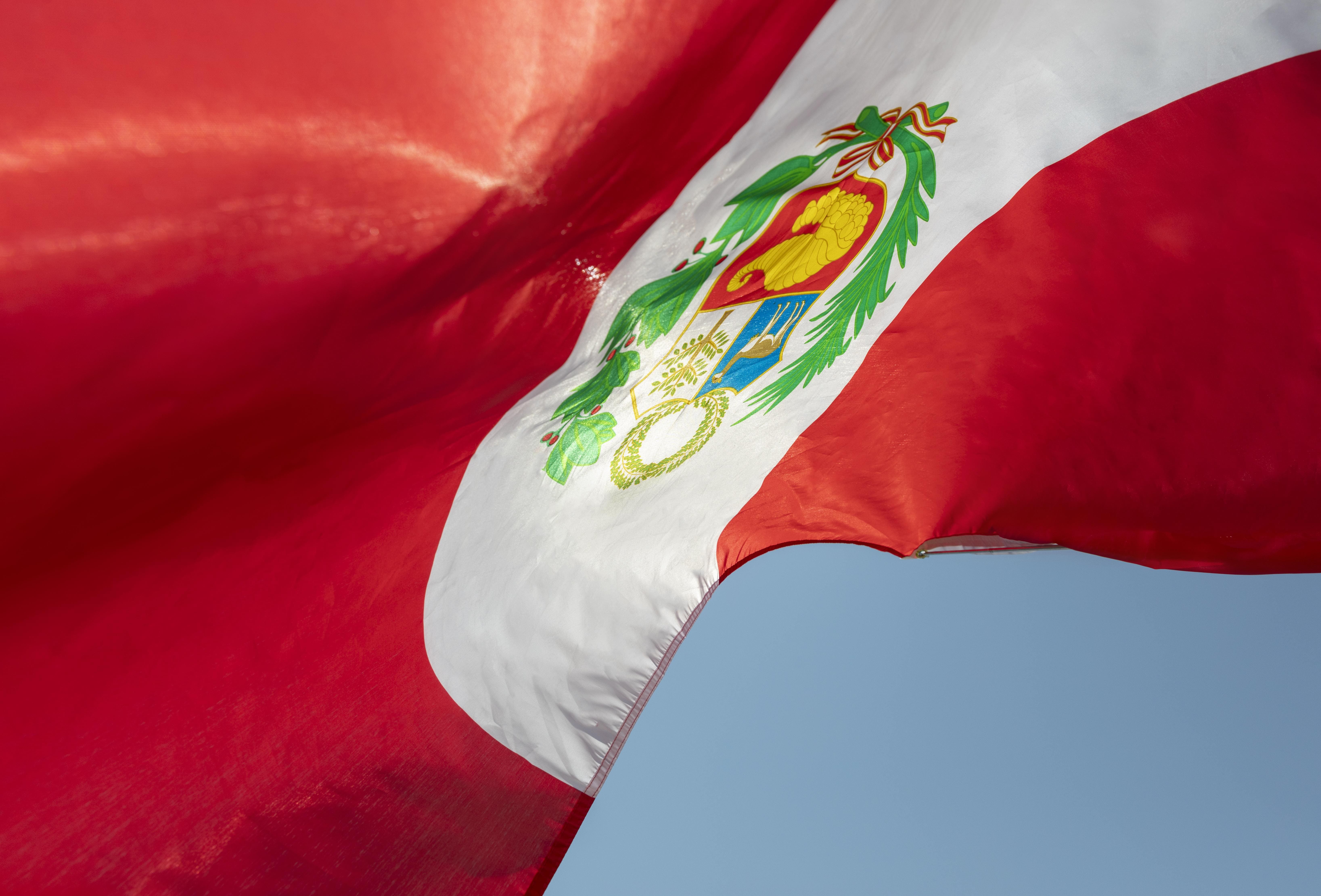The E-2 visa is a powerful pathway for foreign investors looking to establish a business in the United States. One common question investors ask is whether E2 visa real estate investments qualify for an E-2 visa.This guide will provide an in-depth analysis of how real estate businesses can meet E-2 visa requirements, what business models qualify, and strategies to increase approval chances.By the end of this article, you will understand:
- What the E-2 visa is and how it works
- Whether real estate investments qualify for the E-2 visa
- The best business models for E-2 real estate investors
- How to avoid common mistakes
- E-2 visa real estate case studies
If you are planning to move to the United States through real estate investment, this guide will help you make the best decision.
What Is the E-2 Visa?
The E-2 visa is a non-immigrant visa that allows investors from treaty countries to enter the United States and operate a business.To qualify, the applicant must invest a substantial amount of capital in a U.S. business and actively manage it.

E-2 Visa Requirements
To qualify for an E-2 visa, investors must meet the following criteria:
- Treaty Country Status: The investor must be a citizen of a treaty country with an existing commerce treaty with the U.S. (See full list here).
- Substantial Investment: The investor must contribute a significant amount of capital, typically $100,000+, although the exact amount depends on the type of business.
- Active Business Management: The business must be actively managed by the investor. Passive investments, such as purchasing property for rental income, do not qualify.
- Ownership Requirements: The investor must own at least 50% of the U.S. business.
- Job Creation: The business should generate jobs or benefit the U.S. economy.
Does Real Estate Qualify for an E-2 Visa?
The short answer is that passive real estate investments do not qualify. However, if structured correctly, some real estate businesses can be eligible. The key is ensuring that the investment is active and not simply generating passive rental income.
E-2 Visa Real Estate Business Models That Qualify
To be eligible for an E-2 visa, real estate investments must involve active participation in the business. Below are some real estate-related business models that meet the E-2 visa requirements:
1. Real Estate Property Management Business
One of the best ways to use real estate for an E-2 visa is by establishing a property management business. Instead of simply owning and renting properties, the investor must provide active services, such as managing tenants, handling repairs, and overseeing leasing operations.
Key Factors for Approval:
- The business should manage multiple rental properties for different owners.
- The investor must be actively involved in daily operations.
- The company should hire employees to demonstrate economic contribution.
Investment Amount:
A property management business typically requires an investment of $100,000 - $200,000, depending on the number of properties managed.
2. Real Estate Development or Construction Business
Another excellent option is starting a real estate development or construction company. This involves buying land, constructing properties, and selling or leasing them.
How This Qualifies for an E-2 Visa:
- The investor is actively involved in property development.
- The business requires a substantial investment, typically $150,000+.
- Employees, such as construction workers, contractors, and sales teams, will be hired.
3. Short-Term Rental Management Business (e.g., Airbnb)
Investors can establish a short-term rental business, managing multiple properties on platforms like Airbnb, Vrbo, or Booking.com. This is different from passive rental income because the investor must actively manage bookings, property maintenance, and customer service.
How This Model Works:
- Instead of owning individual rental properties, the investor operates a rental management business.
- The business can lease multiple units and sublet them to short-term renters.
- Guest services, cleaning, and property maintenance are part of daily operations.
Investment Requirement:
Starting a short-term rental management business typically requires $80,000 - $150,000.
4. Real Estate Brokerage Firm
Establishing a real estate brokerage business is another viable option. This involves helping clients buy, sell, and rent properties, which is considered an active business.
Why This Qualifies:
- The investor is actively managing transactions.
- The company is generating business revenue rather than passive income.
- Hiring agents and administrative staff strengthens the visa application.
Why Fix-and-Flip May Not Qualify for an E-2 Visa
Some investors consider house flipping, where they buy properties, renovate them, and sell them for a profit. While this can be a profitable business, it may not meet the E-2 visa criteria because:
- The business must generate jobs, not just personal income.
- Flipping homes is often viewed as a passive investment.
- The business must be structured to show continuous operations rather than individual property sales.
A better alternative is combining house flipping with a construction or real estate development business.

Common Mistakes to Avoid with E-2 Visa Real Estate Investments
Many investors make errors when trying to use real estate for an E-2 visa. Here are some common mistakes and how to avoid them:
1. Investing in Passive Real Estate
Simply buying and renting properties does not qualify for an E-2 visa. Investors must be actively involved in a business.
2. Insufficient Investment Amount
The minimum investment varies by business type, but typically $100,000+ is expected. Anything lower may raise red flags.
3. Lack of a Solid Business Plan
An E-2 visa business plan should outline:
- How the business will generate revenue and jobs.
- A breakdown of investment funds.
- A growth strategy to ensure the business is viable.
How to Get an E-2 Visa Through Real Estate
How to Get an E-2 Visa Through Real Estate Investment
Follow these steps to ensure a successful E-2 visa application using an eligible real estate business model:
Step 1: Choose a Qualifying Business Model
Decide whether you will operate a property management company, real estate development firm, short-term rental business, or brokerage.
Step 2: Create a Business Plan
Prepare a detailed business plan that outlines:
- The business model and expected revenue.
- The number of employees you will hire.
- The initial investment breakdown.
- The long-term growth strategy.
A strong business plan increases approval chances.
Step 3: Invest the Required Capital
Ensure that your investment meets the minimum substantiality requirement (typically $100,000+). The investment should be irrevocable, meaning funds are already committed to the business.
Step 4: Register the Business in the U.S.
You must legally establish the business entity, such as:
- LLC (Limited Liability Company)
- Corporation (C-Corp or S-Corp)
Your company must be actively operating before your visa interview.
Step 5: Apply for an E-2 Visa
Submit Form DS-160 and attend an E-2 visa interview at the U.S. embassy or consulate in your home country. Be ready to explain:
- How your business meets E-2 visa requirements.
- Your investment and business structure.
- How you will create jobs in the U.S.
FAQs About the E-2 Visa and Real Estate
1. Can I buy rental properties for an E-2 visa?
No. Buying and renting out properties for passive income does not qualify for an E-2 visa. The business must be active.
2. How much do I need to invest for an E-2 visa real estate business?
Most E-2 visa real estate businesses require at least $100,000 - $200,000, depending on the business model.
3. Can I get an E-2 visa with a real estate brokerage business?
Yes. If you actively manage transactions, hire agents, and operate a licensed brokerage, it can qualify.
4. How long does the E-2 visa last?
The E-2 visa is valid for two to five years, depending on your country of origin. It can be renewed indefinitely as long as the business remains active.
Conclusion
While passive real estate investments do not qualify for an E-2 visa, establishing an active real estate business can be a viable pathway to securing your U.S. visa.By choosing a qualifying business model, making a substantial investment, and actively managing the company, you can increase your chances of approval.
Want to Invest in an E2 Visa Real Estate Business?
Contact Visa Franchise for expert guidance on choosing the best E-2 visa business opportunities.
Unlock Your Investment Potential
Discover if you qualify to invest in a thriving U.S. franchise and secure your E-2 visa.
Check your eligibility
More Insights You Might Like
Explore related articles packed with expert advice, real stories, and practical tips to support your U.S. visa and relocation journey.





